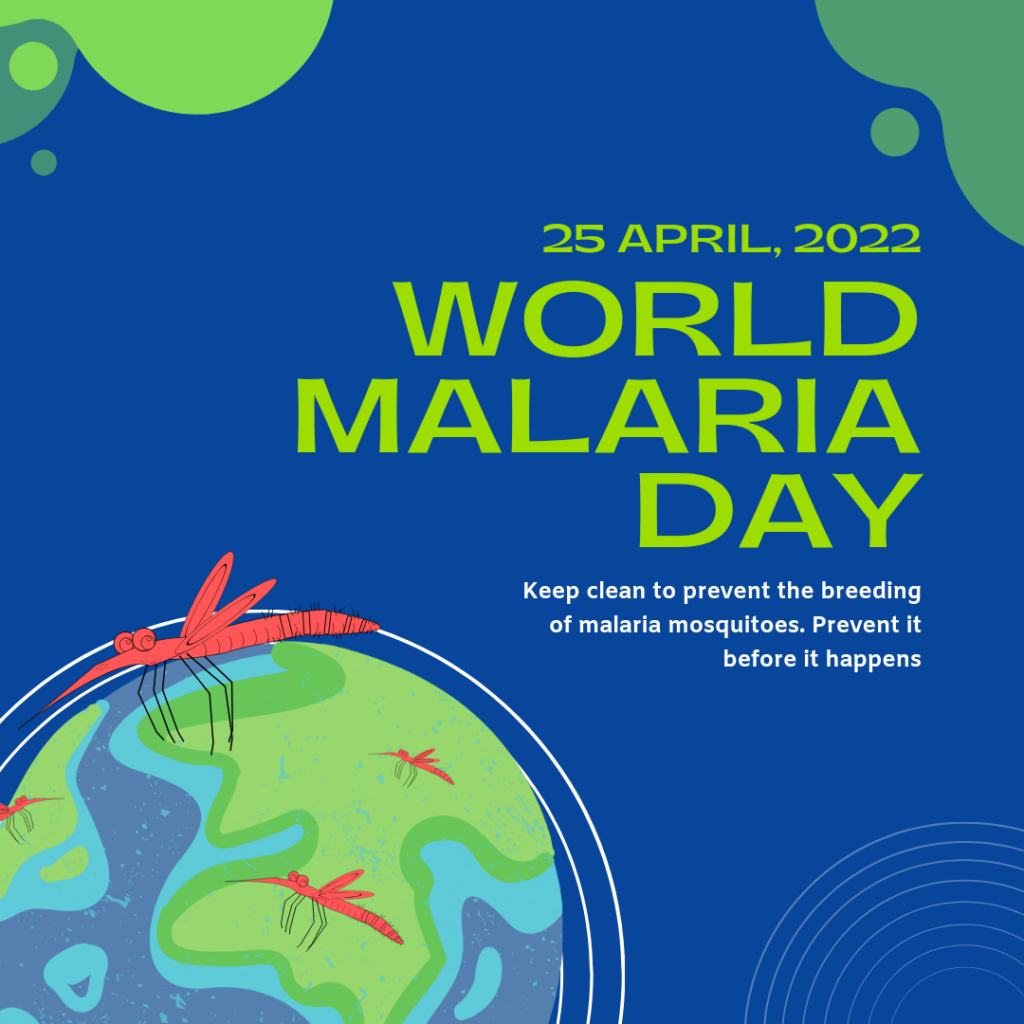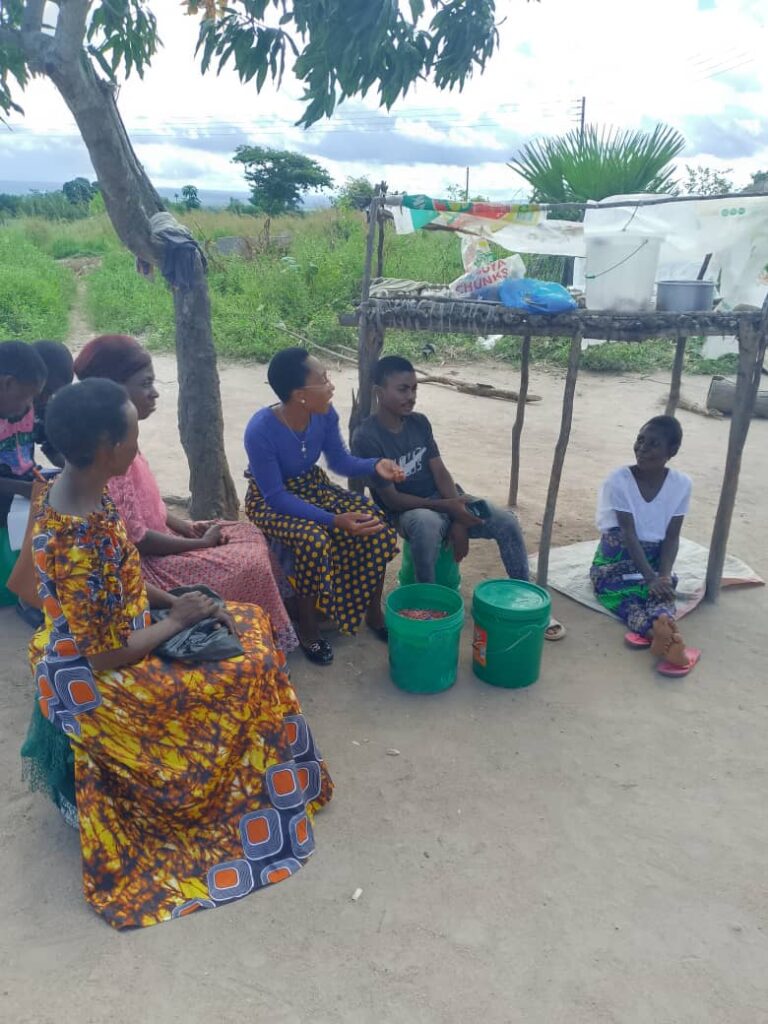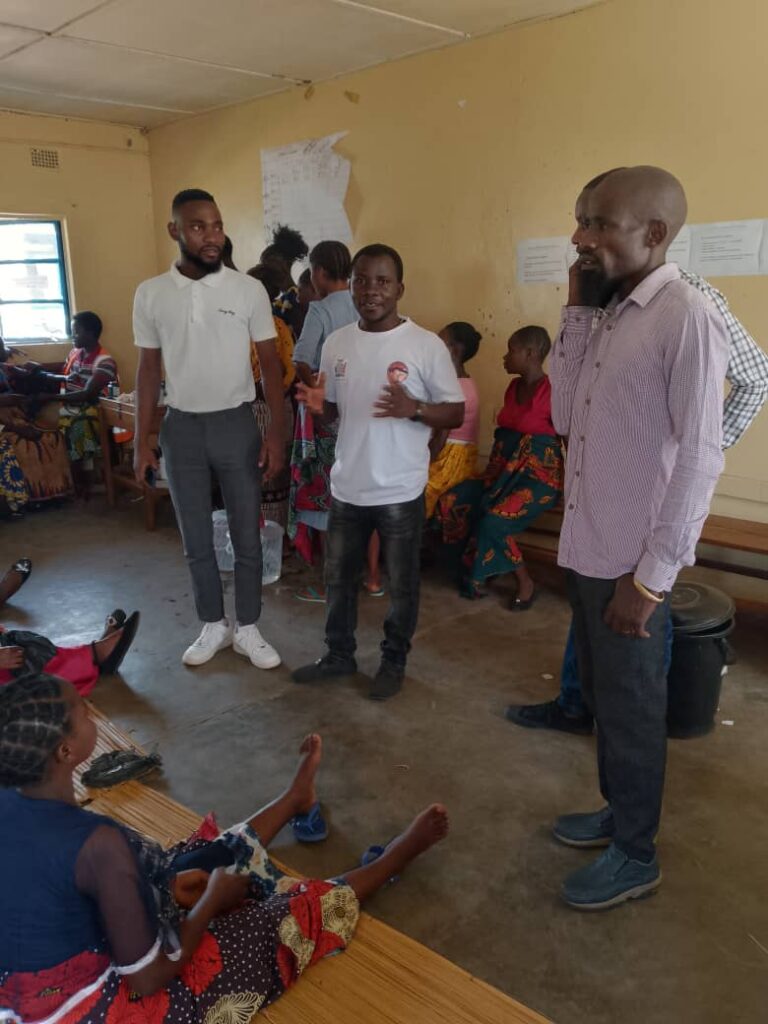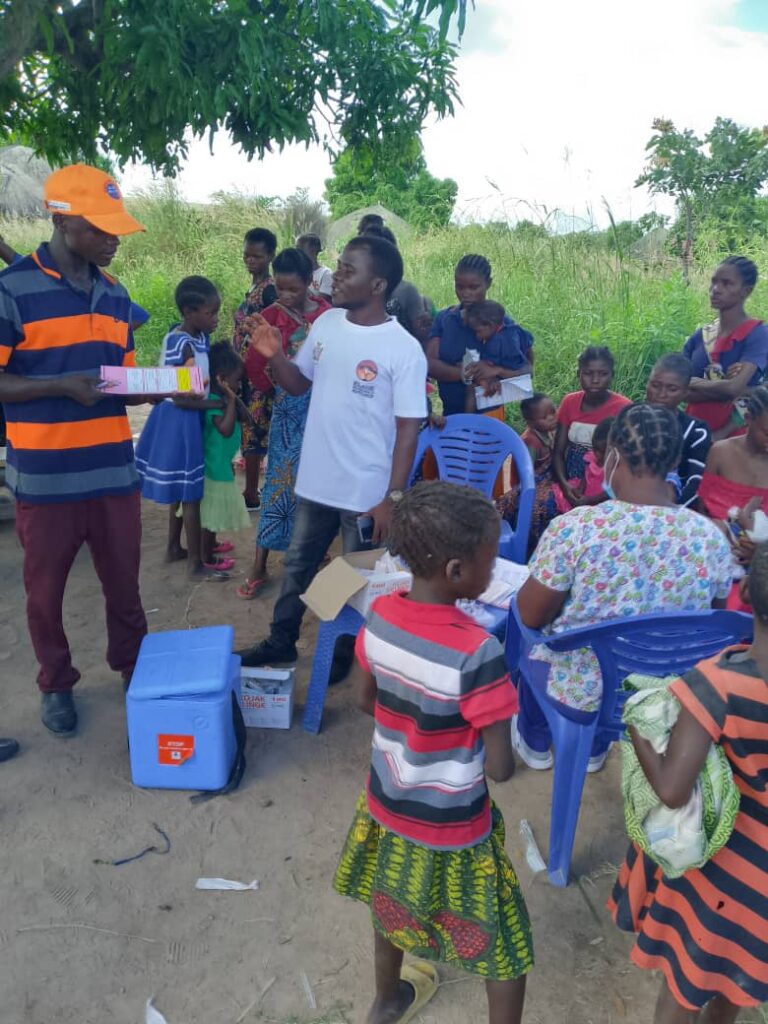At Sport In Action, we believe in the power of sports to drive development, empower…
Accelerating the fight Against malaria for a more equitable world

International Malaria Day, held annually on April 25th, provides a global platform to raise awareness and mobilize support for the prevention and control of malaria. The day is significant in highlighting the burden of malaria on the world’s population, particularly in sub-Saharan Africa, where the disease remains a major public health threat. In line with this year’s theme; “Accelerating the fight against malaria for a more equitable world”, Sport In Action joins the international community in commemorating this important day in Luwingu and Kaputa Districts under the PAMOplus project through household visits, dialogue meetings, and health talks.
The aim of household visits, dialogue sessions, and health talks is to promote malaria prevention and elimination by increasing community awareness and knowledge about the disease, its transmission, and available prevention strategies. Through these approaches, SIA through the trained Community change agents, and in collaboration with the District Health office is engaging community members in the design, implementation, and evaluation of malaria prevention and control programs. These sow the seeds of awareness and help individuals understand the gravity of the situation, they provide people with relevant information on the causes of malaria, its mode of transmission, prevention methods, risks, and symptoms. They also educate people on how malaria can be managed effectively and safely.

Household visits aim to empower individuals to take proactive steps towards malaria prevention. By creating opportunities to discuss prevention strategies, reinforce positive behavior, and advocate for product usage, households can become aware of the importance of implementing preventive measures. Household visits contribute to the identification of areas of high malaria transmission and target specific areas for prevention and control interventions such as ITNs and IRS. They also help in identifying community members who are at high risk of infection, such as pregnant women and children under the age of five.

Dialogue sessions create opportunities for community members to openly discuss concerns, share their experiences, and learn more about malaria in a group setting. The sessions aim to explore and identify appropriate malaria prevention and control measures that resonate with community members. Through dialogue, it is possible to encourage community members to participate actively in malaria prevention and control activities. The sessions can lead to the identification of new and innovative approaches to reduce the burden of malaria in the community.

Health talks aim to educate the community about malaria and increase awareness of the disease, including its symptoms, diagnosis, and treatment. The talks provide opportunities to promote positive attitudes and behaviors towards malaria prevention and control measures and encourage the use of health services. They play an important role in reducing malaria morbidity and mortality rates, particularly in areas where access to health care or information is limited.As highlighted above, the aim of household visits, dialogue sessions, and health talks is to increase community awareness, knowledge, and participation in malaria prevention and control activities. Through these approaches, communities can be empowered to take ownership of malaria prevention and elimination, and more targeted and effective interventions can be developed, implemented, and evaluated.
